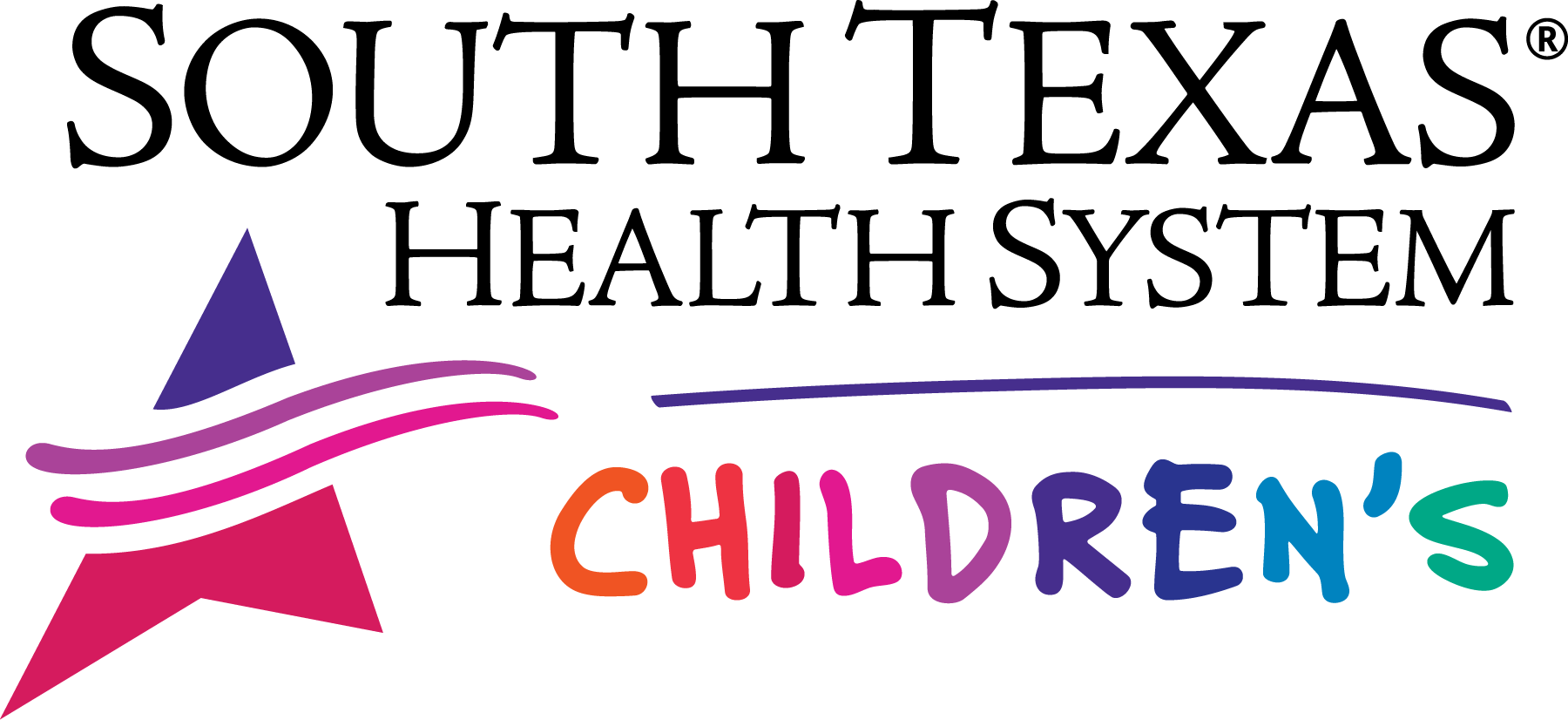Minimally Invasive Procedure
Endoscopy is a minimally invasive procedure that allows doctors to look inside the body through the use of an endoscope, a long, thin tube with a small camera attached. A child may need an endoscope if they have swallowing difficulties, experience nausea and vomiting, indigestion, bleeding or abdominal pain.
Doctors at South Texas Health System Children's use endoscopy to examine various parts of the body including the lungs, urinary system, abdomen, esophagus and stomach. Using endoscopy, doctors can pinpoint abnormalities that may not be detectable on X-rays and can also insert instruments to remove small samples of tissue for tests.
Types of Endoscopy
- Bronchoscopy — A bronchoscopy is conducted to examine the lungs and airways. It can show a tumor, signs of infection, excess mucus in the airways or something blocking the airway. If a blockage is found, a small tube called a stent can be inserted during the procedure to open the airway.
- Cystoscopy — A cystoscopy examines of the inside of the bladder and urethra, the tube that carries urine from the bladder to the outside of the body. During a cystoscopy, doctor check for cancer, evaluate urinary tract disorders, determine the cause of repeated bladder infections or pain during urination.
- Laparoscopy — The causes of abdominal pain, such as appendicitis, pelvic infections and abdominal bleeding, can be diagnosed through the use of laparoscopy. Once identified, doctors can often correct the correct the condition during the same procedure.
- Upper Gastrointestinal (GI) Endoscopy — An endoscopy of the upper GI tract, which includes the esophagus, stomach and duodenum, can detect ulcers, precancerous conditions, bowel obstruction and hiatal hernia. The procedure can also help determine the cause of abdominal pain, vomiting, swallowing difficulties, gastric reflux, unexplained weight loss and bleeding in the upper GI tract.
If you need a referral to a pediatric specialist affiliated with South Texas Health System Children's, call the South Texas Health System Reserve and Learn line at 800-879-1033.

